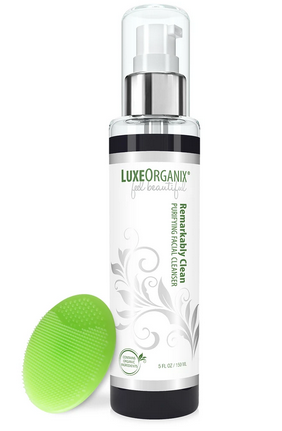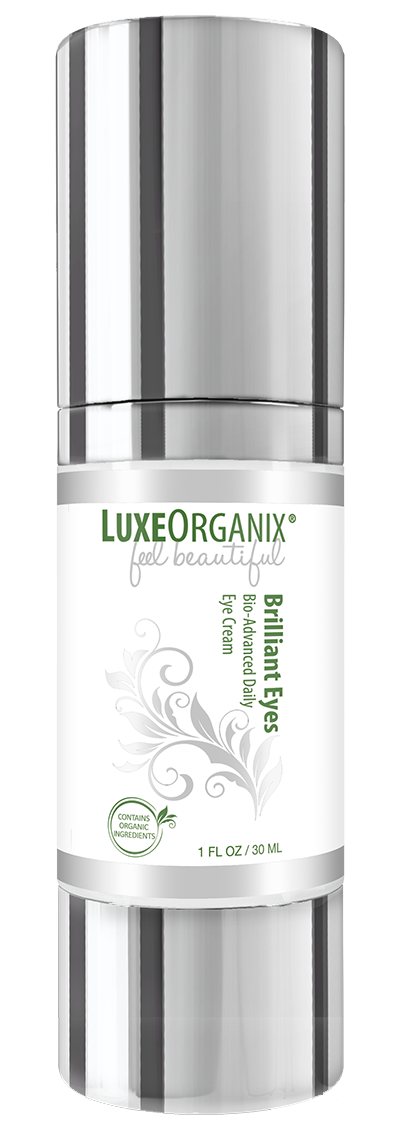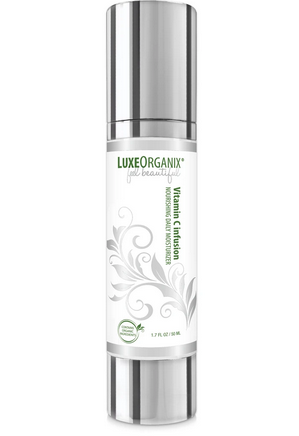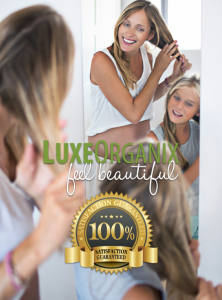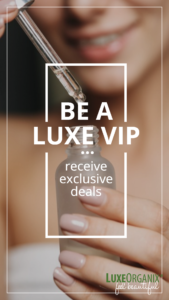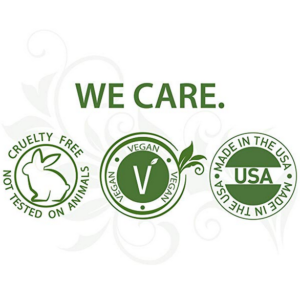Bacteria: Those microscopic living organisms, usually one-celled, that can be found everywhere… Including hospitals, grimey subway stops, and sci-fi horror movies.
Bacteria can be dangerous, like those that cause infection (think: e-coli or strep). They can also be beneficial, like those in your yogurt (think: fermentation, as in your favorite beer or wine).
Bacteria in your skincare products, though, is never a good thing.

Elizabeth Brooks, a Rowan University biology professor, wanted to know if bacteria played a part in cosmetics. She conducted a two-year study on tester bottles in department stores to see what was growing inside.
(You might want to sit down while we tell you.)
She found bacteria –specifically staph, strep, and E. coli bacteria– growing inside most of the products she tested. When she tested samples on Saturdays, the day department stores were busiest, the contamination rate was 100 percent.
Every. Single. Bottle. Contaminated with some kind of bacteria!
Think about this for a minute… All those people touching the bottles, sampling the cosmetics and lotions and creams, right after they… had lunch, used a restroom, traveled on a train, opened countless doors, pet a dog outside the shop, sneezed… you get the picture, right?
Thankfully, your own bathroom isn’t as contaminated as a department store… or is it?
The Skincare Scary Movie

If skincare products had their own horror movie, it might go something like this…
A pretty girl walks into her bathroom (queue the scary music), using her fingers she scoops out some moisturizer from a jar, and applies it to her face. When she walks away, the flesh-eating bacteria begin to fester in her moisturizer jar.
Overnight, they multiply and grow…
The next morning, when she applies her moisturizer again, her skin is literally eaten alive by the bacteria…
All because she dipped her fingers into the jar!
The moral of this scary story?
…Don’t touch your cosmetics!
It’s easier said than done, right?
I mean, “don’t touch your products” is advice that seems timeless, especially in a pandemic-filled world. But so many things come in jars—and who can keep track of those mini spatulas that you get?
According to John F. Krowka, a senior microbiologist with the Personal Care Products Council, a trade organization that monitors the safety and health of personal care products, as long as you’re following common sense hygiene rules, your cosmetics should be fine.
Those rules? Always wash your hands before applying cosmetics, close all jars after use, read the labels carefully and replace as directed, and replace applicators frequently or use disposable applicators.
Seriously, though, it’s why we changed our product packaging…
At LuxeOrganix, we understand that sometimes you reach for your Vitamin C Infusion Moisturizer before you reach for your soap. And when you’re not looking, your kids dig into it, too. Who knows where their hands were before they landed in your Brilliant Eyes Daily Eye Cream, right?
That’s why we’ve moved away from products in jars. We now put our essential skincare products in airless pump bottles when we can. (Not every product will work with an airless pump.)

Airless pump bottles prevent outside elements, like bacteria, from reaching your products. Airless pumps do not use dip tubes (the straw that other pump dispensers have), but create vacuums through platforms molded into their bases. This allows them to deliver every beneficial drop of your products, while keeping them contaminate-free.
They also keep oxygen out. Oxygenation is what happens to your products when air gets at them – they deteriorate, thicken, loose their effectiveness, and dry out. While oxygenation may occur with standard lotion pumps, airless pumps are fully sealed, reducing contact with oxygen.
So with an airless pump, your skincare products are kept fresher for longer, increasing their shelf-life and preventing any bacteria or pollution contamination.
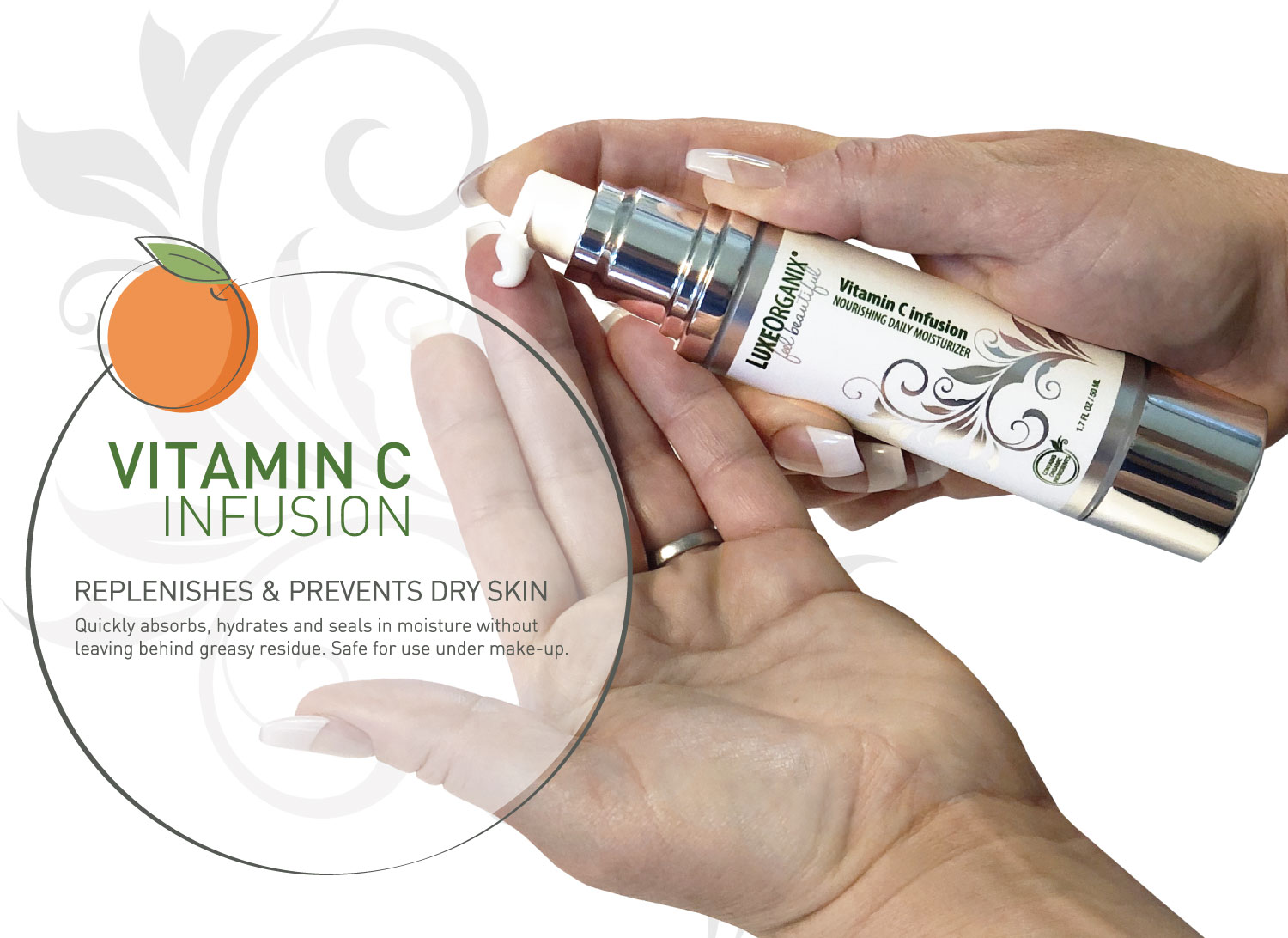
These bottles are leak-proof and shatter-proof, too. Bonus!
Thanks to our thoughtfulness and ingenuity, your products will last longer… and never eat your face off.
That’s a happy ending we don’t mind watching again and again.

